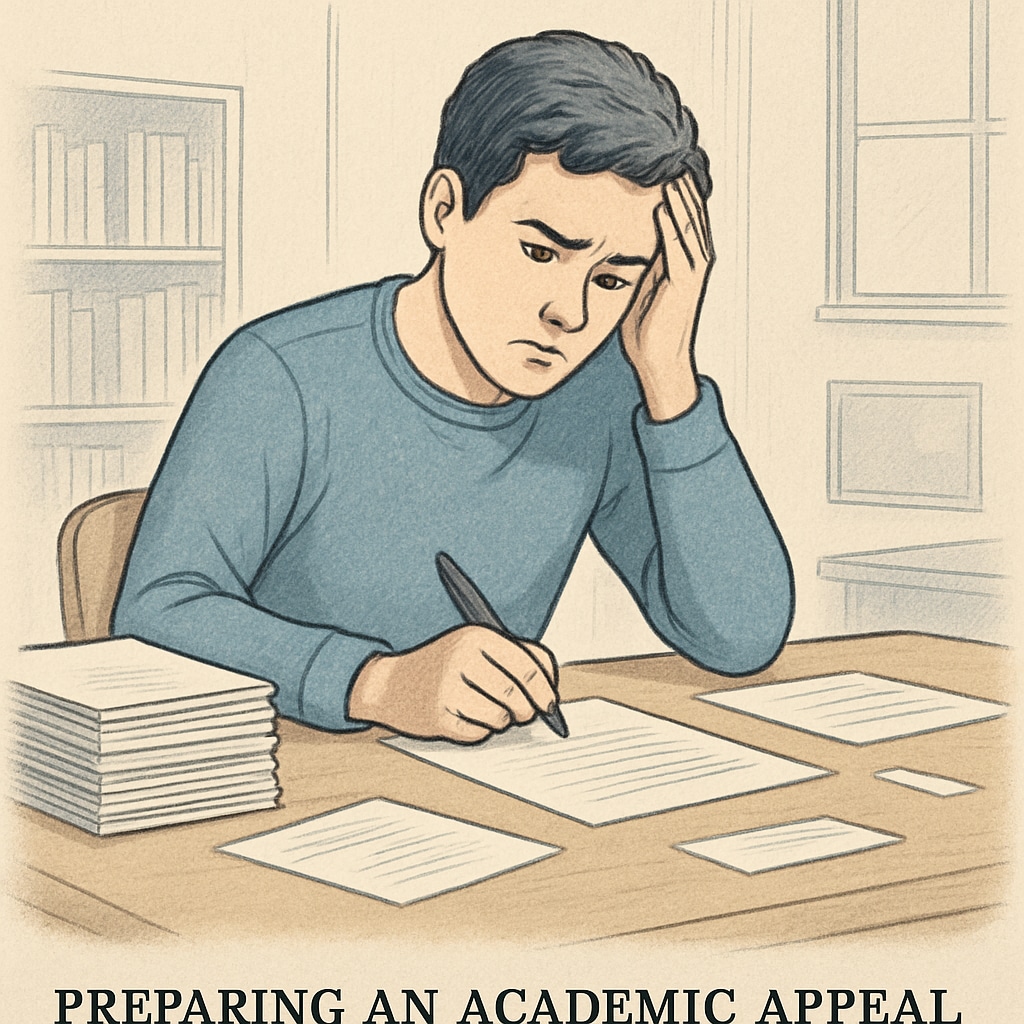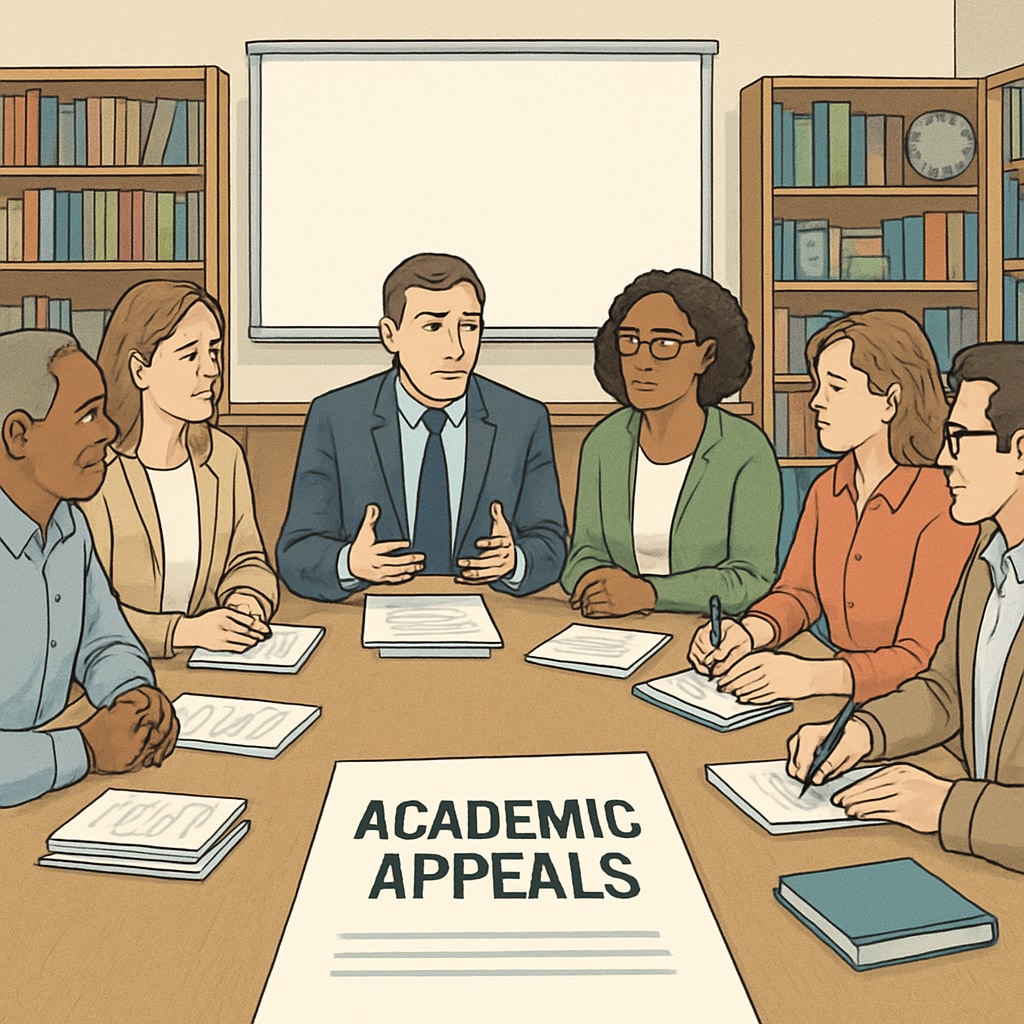Facing unfair assessments can be a deeply frustrating experience for students, especially when it involves academic appeals, teacher misconduct, or grade disputes. While many schools claim to have formal mechanisms for addressing these issues, the reality is often far from satisfactory. This article delves into the challenges students face when navigating this process, analyzes current system flaws, and offers solutions to create a more transparent and equitable academic appeals framework.
Challenges in the Appeal Process
Unfair academic assessments can arise from various factors, including teacher bias, administrative errors, or unclear grading criteria. For students, initiating an appeal is often the first step toward seeking justice. However, this process is riddled with obstacles:
- Lack of clarity: Many schools provide limited information about how the appeals process works, leaving students unsure of their rights or the steps involved.
- Power imbalance: Students may hesitate to challenge teachers or administrators due to fear of retaliation or perceived authority dynamics.
- Time constraints: Appeals often require significant effort, including gathering evidence and preparing cases, which can interfere with academic responsibilities.

Systemic Flaws in Existing Mechanisms
Despite the existence of appeal systems in many K-12 schools, they frequently fail to uphold fairness and transparency. Common issues include:
- Lack of impartial oversight: Appeals committees often consist of individuals within the same institution, raising concerns about bias and conflicts of interest.
- Inadequate documentation: Schools may not maintain detailed records of grading decisions or teacher feedback, making it difficult for students to prove their cases.
- Limited accountability: In cases of teacher misconduct, institutions may prioritize protecting staff over addressing student concerns.
These flaws not only frustrate students but also undermine trust in the education system. Studies from reputable sources like Britannica on academic integrity emphasize the importance of transparent policies to foster a fair learning environment.

Proposed Solutions for a Fairer Academic Appeals System
To address the shortcomings in current systems, schools and education authorities should consider implementing the following measures:
- Establish independent committees: Appeals should be reviewed by impartial panels that include external experts, ensuring unbiased decisions.
- Improve procedural transparency: Schools must provide clear guidelines on the steps, timelines, and evidence required for appeals.
- Maintain detailed records: Documentation of grading and assessment processes should be mandatory to support fair investigations.
- Offer student support: Counseling or advocacy services can empower students to navigate the appeals process confidently.
By implementing these reforms, institutions can foster a culture of accountability and fairness, as highlighted by Wikipedia’s overview of educational assessment practices.
Impact on Student Development
Unresolved grade disputes and unfair assessments can have long-term effects on students’ academic confidence and career aspirations. A fair appeals system not only provides justice but also reinforces the importance of integrity in education. As a result, students feel valued and motivated to excel academically, knowing their concerns are taken seriously.
In conclusion, addressing the challenges of academic appeals requires systemic change. By prioritizing fairness, transparency, and support, schools can ensure that every student has an equal opportunity to thrive without the shadow of injustice.


